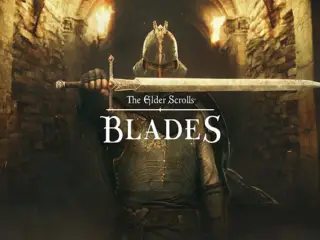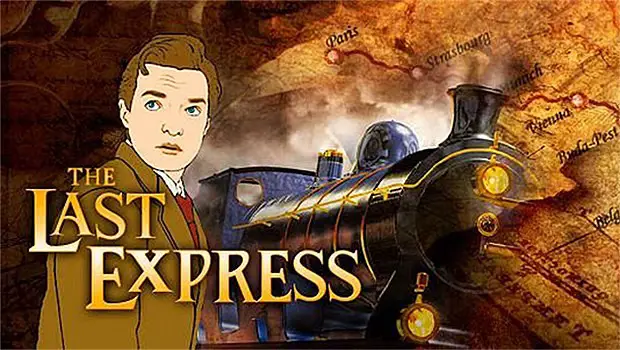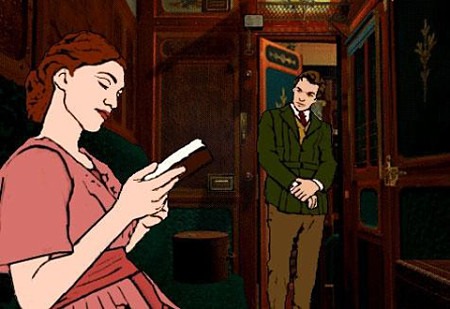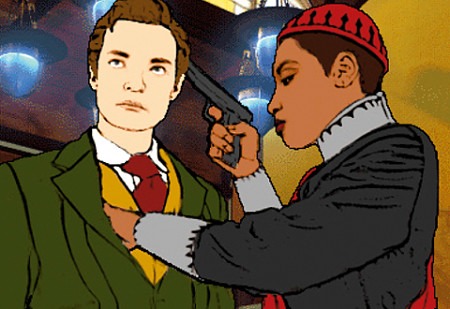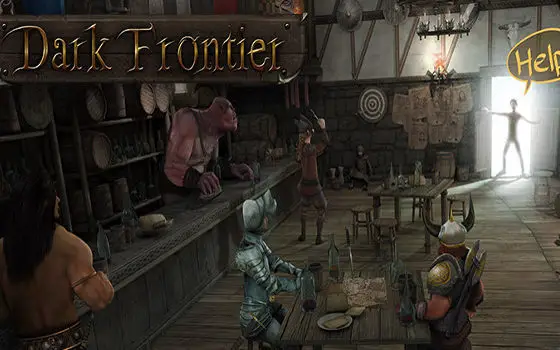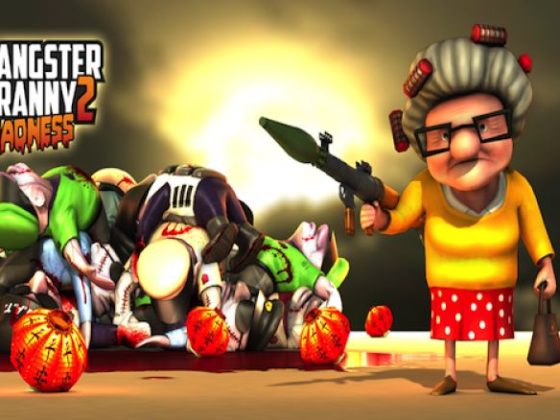 More and more classic adventure games have been working their way onto Android, to sit alongside the dozens of games already running SCUMMVM, and it’s easy for them to run together, much as they did in their 1990s heyday. Both then and now, The Last Express suffers no such lack of distinction. Prince of Persia director Jordan Mechner’s lone foray into the point-and-click adventure genre is as distinctive and engrossing now as it was then.
More and more classic adventure games have been working their way onto Android, to sit alongside the dozens of games already running SCUMMVM, and it’s easy for them to run together, much as they did in their 1990s heyday. Both then and now, The Last Express suffers no such lack of distinction. Prince of Persia director Jordan Mechner’s lone foray into the point-and-click adventure genre is as distinctive and engrossing now as it was then.
Set shortly before the outbreak of the first World War, it takes place entirely on a single ride on the Orient Express. The train is probably best remembered today as the setting for Agatha Christie’s Murder on the Orient Express, and like that famous tale, this is a murder mystery as well, but the similarities end there. You play a wanted fugitive who sneaks aboard the Express en route to Istanbul at the behest of an old friend, only to find him murdered in his quarters. The rest of the game takes place on this train ride as you explore its interior, and speak – and eavesdrop on – other passengers.
The train is rendered in loving detail to be as historically accurate as possible. It’s a lavish vehicle representing the peak of luxury travel at the time, and though it’s a fairly small environment, it feels like walking through a museum. Backgrounds are pre-rendered and feel very realistic by ‘90s standards. The characters are all rendered from rotoscoped video footage, and walk about the train with fluid, lifelike music. Cut scenes and key events are often rendered with a slide-show style without that same fluidity, but they maintain the same stylish look.
What makes The Last Express so unique is the fact that it plays out in real-time. This has been attempted a few times before, such as in Access Software’s Countdown, but here it’s more than just working against a clock. Characters in The Last Express do not simply stand around, waiting for you to talk to them. They interact with each other and move around the train, regardless of the player, and you’ll need to be in certain places at certain times. Of course, this makes experimentation hard, so to facilitate this, the game allows you to “rewind” to an earlier point so that you can try again. This becomes more of the focus of the game’s problem solving, rather than traditional inventory puzzles and dialog trees.
Interactions are simplified, and there aren’t any verbs, so The Last Express plays nicely with a modern touch interface, which also has the benefit of visible interaction cues and hints. In a peculiar move, the game has been converted to portrait mode, requiring your phone to be held upright. While in theory this works well with the horizontally cramped nature of the train, the game was designed for a landscape layout and some screens are shrunk down small or require you to scroll side-to-side to see them all. It’s not horrible, but it often leaves a lot of empty space an unnecessarily complicates things, when absolutely no one had a problem with a horizontal layout in the first place.
Although the graphics may show their age, it’s impressive just how well The Last Express holds up. The cinematic presentation, voice acting, and realistic setting combine to create an immersive experience, very different than anything else in the genre. For anyone looking for a good mystery or just a lengthy adventure, Mechner’s classic is a sure bet.
!














